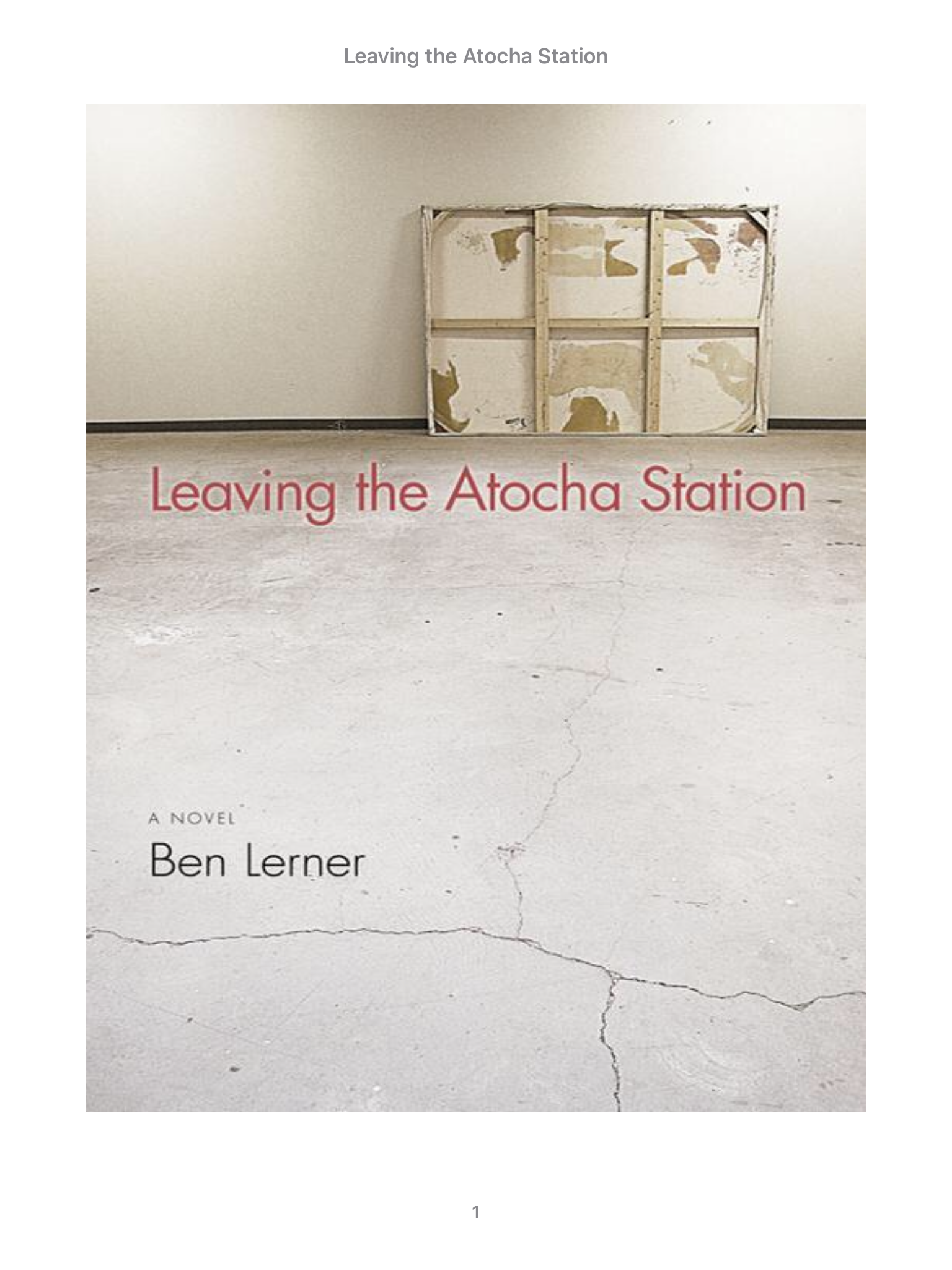BLACK HELEN OF TROY
If true the casting of a Black woman, Lupita Nyong’o, by the director Christopher

An American (read US) goes to Madrid on a prestigious poetry grant. There he observes things, like how ridiculous Americans seem abroad with their monolingualism, blinked opinions and false sense of being the messiahs of the age. He tries to disassociate himself from them, to merge in with the locals by learning Spanish and all. Only to discover he's even more ridiculous than the touristy type. He seeks culture, food and societal, love and redemption, inspiration and new aspirations. He even goes to absurd realms, including lying about his mother's death and father's character to gain sympathy and the crying shoulder of the women he loves with whom he goes to discover authentic Spanish experience, making himself to appear more cultured and learned.
All of this would be inexcusably boring if the author had not the gift of originality, and scintillating observational skills. His greatest skill is not taking himself too seriously even about issues he gravely care about: poetry and love. His psychological acumen is inestimable, allowing us to have a front row seat in the unravelling of his psyche and exposition of personal and national hypocrisy. He's not even committed to the project that brought him to Madrid. Listen to him:
This is what I felt, if it wasn’t what I thought, as I smoked and listened to the rain on the roof and turned the pages and smelled the wet stone smell of Madrid through the windows I kept cracked. And when I read the New York Times online, where it was always the deadliest day since the invasion [of Iraqi] began, I wondered if the incommensurability of language and experience was new, if my experience of my experience issued from a damaged life of pornography and privilege, if there were happy ages when the starry sky was the map of all possible paths, or if this division of experience into what could not be named and what could not be lived just was experience, for all people for all time. Either way, I promised myself, I would never write a novel.
The thing that jolts him back to reality is the terrorist attack at Atocha Station. He immediately recalls the psyche of conflict/war and the poetry that emanates from it he wanted to study towards inspiration to write poetry on its wing. He feels on the real sniff of the likes of George Orwell and Arthur Koestler who first discovered the murderous consequences of political ideals and the power of fiction to report from the front. There's even something of the austerity of Simon Weil's living he craves to cultivate for philosophical depth but knows is beyond his power and preferences.
I would have loved to hear why, British writers in particular, of this genre and sentiment (politicised literature--I make a crucial distinction between political fiction of the struggle like Nadine Gordimer here and Boris Pasternak in the former USSR), like Orwell and Green, turned up to be government secret service spies? And how many American ones on this sniff would later be discovered to have been spies also? If career wise joining the CIA was out of the question for his psyche--the Spanish kind of suspected him of it anyway sometimes.
In his unflinching honesty, tilting with the Spanish windmills, the author asks a pertinent question here: Why do the former imperialist, and their progeny, scrupulously avoid studying places and histories where they've been the careless aggressors and benefactors of their countries' militant mercantilism (wars to extend their capitalist motives). Alas, never answers this question.
This is also a story of love across cultural and geographical boundaries. About whether it's possible to ever understand the other you've fallen in love with when their past is so radical different from yours. Or whether the evanescent our natural instinct to chose our kind is ever possible. His honest and frank answers to these questions are what I find most endearing about the book. The book transcends genre, but may best described as a Menippean satire. So don't expect plots and storylines on it. Its propulsion is on the narrative from the beautiful mind of the author that is on a process of intellectual metamorphosis and personal evolution.
Inescapably for an American novel of Hemingway, Mailer and the rest influences there's an element of coded boyism on the book--that incessant drive for witty bromides and all. The book is also the product of placement, the fish-in-(American)barrel syndrome. At times it feels needy, too needy in a boyish way. The giddiness of the imagination, though mostly driven by genuine curiosity is sometimes exaggerated for the purposes of shock and impotent cleverness. At these moments it sounds like low moments in a Proust novel when the metaphors and similes are worked until they scream. Despite all that Leaving Atocha Station is a clean male fun from one of the interesting minds of our age